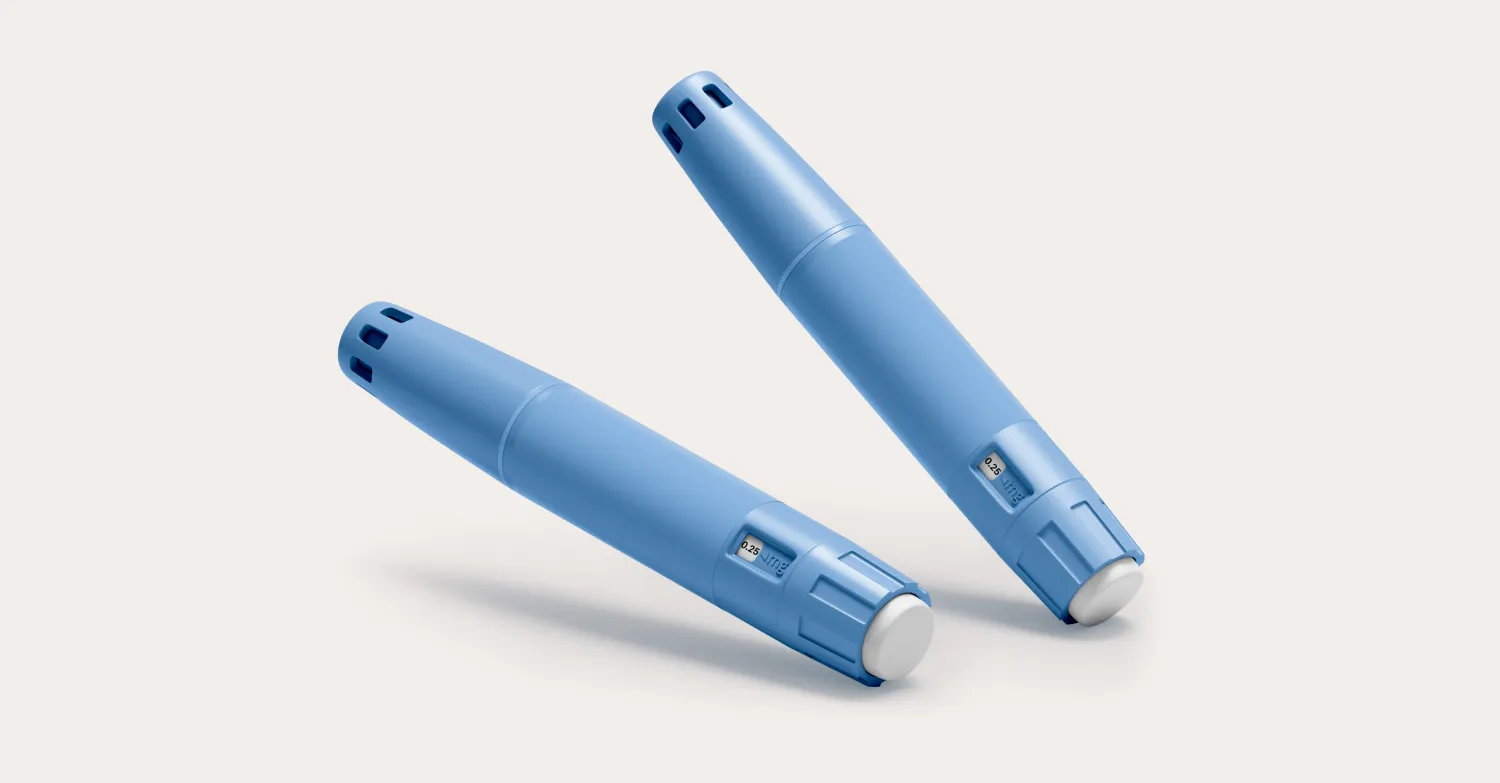Mammograms: what you need to know with Dr. Cindy Krause
.webp)
We sat down with Dr. Cindy Krause, Evernow’s Medical Director, to break down the latest research on mammograms—when to start, how often to screen, and what to consider as you get older.
Evernow: Let’s start with the basics—when should women begin getting mammograms?
Dr. Krause: Most major health organizations recommend starting at age 40. That’s because breast cancer in younger women can be more aggressive, and early detection makes a huge difference.
Evernow: How often should women get screened?
Dr. Krause: For maximal protection, annual mammograms are best—this provides the greatest reduction in breast cancer mortality. Some organizations, like the NCCN and ACR, recommend screening every year for all women. However, other groups suggest screening every 1-2 years for women at average risk (meaning those without increased risk factors). If you’re unsure, talk to your doctor about the best approach for you.
Evernow: Some women wonder—do mammograms still work well after 70?
Dr. Krause: Absolutely. Even though we don’t have large-scale trials for women over 70, research shows regular screening significantly lowers the risk of dying from breast cancer. Plus, since breast tissue becomes less dense with age, mammograms can actually be more effective.
Evernow: What about radiation exposure—how much radiation does a mammogram deliver?
Dr. Krause: It’s a common concern, but the radiation from a mammogram is very low. To put it in perspective, it’s about the same as taking a flight from New York to Los Angeles or the amount of natural background radiation you’d be exposed to over seven weeks. The benefits of early detection far outweigh this minimal risk.
Evernow: And for those relying on Medicare—does it cover mammograms after 75?
Dr. Krause: Yes! Medicare covers screening mammograms, but coverage for additional tests, like breast ultrasounds for dense tissue, can vary. Some women may need to pay out of pocket for those extra screenings.
Evernow: What about the risks of mammograms?
Dr. Krause: There are a few to keep in mind:
- False positives → About 1 in 10 women will need extra imaging, but most won’t require a biopsy.
- Overdiagnosis → Some slow-growing cancers (like DCIS) may never progress, but we don’t yet know which ones.
- Anxiety → The stress of follow-ups and possible biopsies is real, but early detection saves lives.
Evernow: How much does screening actually reduce the risk of dying from breast cancer?
Dr. Krause: It depends on how often you screen:
- Annual mammograms from 40-84 → Reduce breast cancer mortality by 40%
- Annual from 45-54, then every other year from 55-79 → Reduce risk by 31%
- Every other year starting at 50 → Reduce risk by 23%
Evernow: What if I don’t have a family history of breast cancer?
Dr. Krause: Surprisingly, 3 out of 4 women diagnosed with breast cancer have no family history. Routine screening is still crucial.
Evernow: So, what’s the bottom line?
Dr. Krause: Mammograms save lives. If you’re in good health, keep screening as long as you and your doctor decide it’s right for you.



